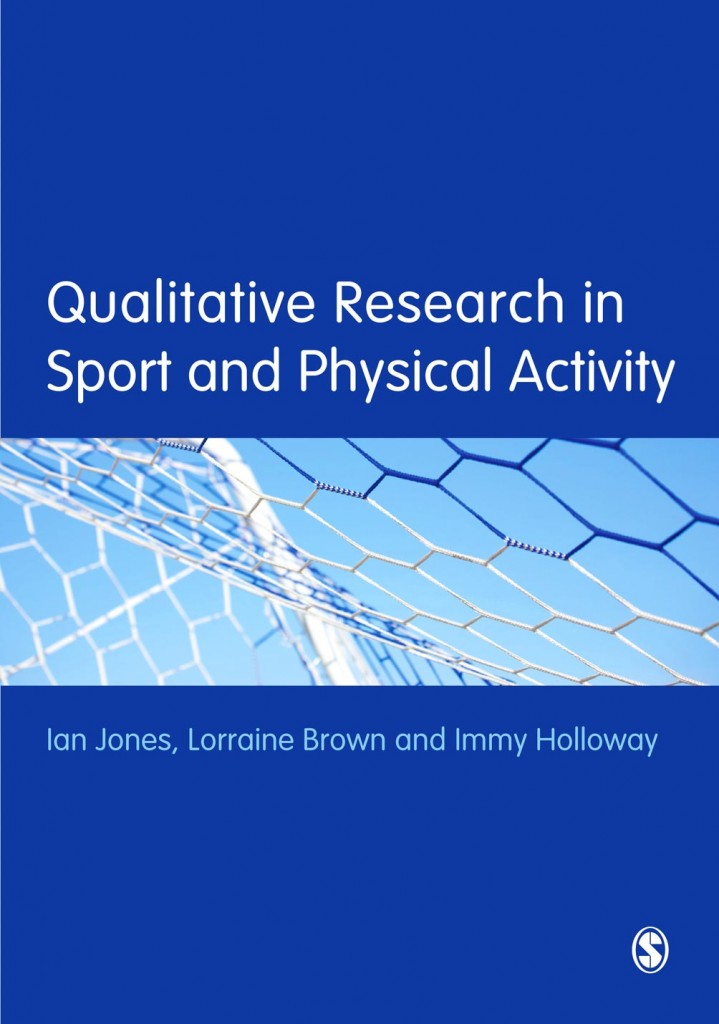A new Fusion fund travel grant has been awarded to Dr. Ben Thomas, lecturer in the School of Design, Engineering and Computing (DEC) in order to help develop an important strategic relationship with the University of Applied Sciences (UAS) in Wurzburg, Germany. The hope is that through collaboration and the sharing of important engineering resources both institutions will be able to deliver an improved experience to their students.
UAS was founded in 1971 as an Institute of Technology with departments in Würzburg and Schweinfurt, its focus is on business, design and engineering education, with a well-developed reputation for knowledge transfer and professional industrial research partnerships. With nearly 8,000 students UAS is the third largest of the 17 state run universities of applied sciences in Bavaria. UAS is notable for having excellent laboratory resources with over 20 dedicated research labs in the Faculty of Industrial Design alone, covering research topics from microwave engineering to dedicated polymer testing, with an emphasis on materials testing.
The facilities and expertise at UAS are very important to BU as these will support current DEC activities, particularly with the adoption of the new MEng course and the laboratory resources for the experimental final year projects this will require. The business and enterprise expertise at UAS will also directly benefit the existing BA course in Design Business Management.
It is hoped that this relationship will include research collaboration with the activities of the Sustainable Design Research Centre (SDRC), with initial discussions including existing BU research looking at RNLI marine engine oil condition monitoring, and two newly awarded match funded studentships entitled ‘Recyclable Materials Applied to Small Marine Leisure Craft’ and ‘An Optimised Tidal Energy Design for Poole Harbour’. These will benefit greatly from the extensive materials testing facilities available at UAS allowing greater research detail to be developed.
It is intended that UAS students and academics will visit BU regularly under the banner of the SDRC for research projects, seminar presentations and to discuss further research and academic collaboration.




















 Nursing Research REF Impact in Nepal
Nursing Research REF Impact in Nepal Fourth INRC Symposium: From Clinical Applications to Neuro-Inspired Computation
Fourth INRC Symposium: From Clinical Applications to Neuro-Inspired Computation ESRC Festival of Social Science 2025 – Reflecting back and looking ahead to 2026
ESRC Festival of Social Science 2025 – Reflecting back and looking ahead to 2026 3C Event: Research Culture, Community & Cookies – Tuesday 13 January 10-11am
3C Event: Research Culture, Community & Cookies – Tuesday 13 January 10-11am Dr. Chloe Casey on Sky News
Dr. Chloe Casey on Sky News ECR Funding Open Call: Research Culture & Community Grant – Application Deadline Friday 12 December
ECR Funding Open Call: Research Culture & Community Grant – Application Deadline Friday 12 December MSCA Postdoctoral Fellowships 2025 Call
MSCA Postdoctoral Fellowships 2025 Call ERC Advanced Grant 2025 Webinar
ERC Advanced Grant 2025 Webinar Horizon Europe Work Programme 2025 Published
Horizon Europe Work Programme 2025 Published Update on UKRO services
Update on UKRO services European research project exploring use of ‘virtual twins’ to better manage metabolic associated fatty liver disease
European research project exploring use of ‘virtual twins’ to better manage metabolic associated fatty liver disease